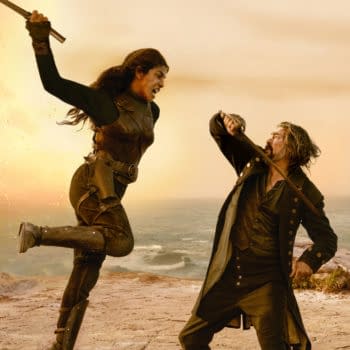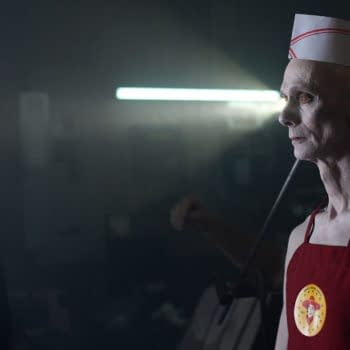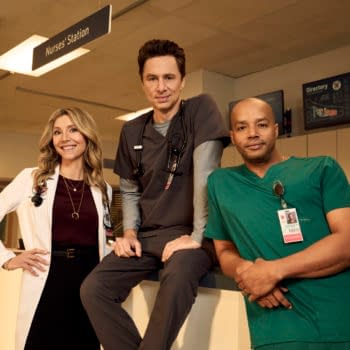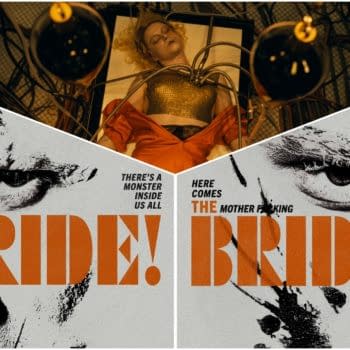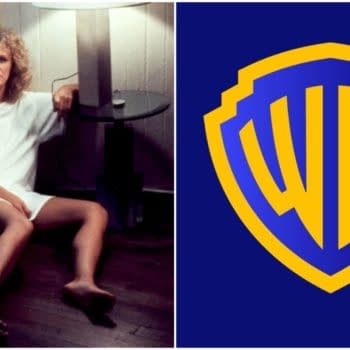Posted in: Documentary, Exclusive, Interview, Movies | Tagged: Abramorama, Being Everywhere, Maura Smith, Steve Schapiro
Steve Schapiro: Being Everywhere Director on Bowie, Streisand & More
Steve Schapiro: Being Everywhere director Maura Smith spoke to us about the iconic photographer's life, subjects, editing and more.
Article Summary
- Director Maura Smith recounts her journey documenting photographer Steve Schapiro's extraordinary life and work.
- Schapiro photographed legends like David Bowie, Barbra Streisand, Marlon Brando, Muhammad Ali, and MLK Jr.
- Editing the "Being Everywhere" documentary posed challenges due to Schapiro's vast archive of photos and material.
- Smith reveals why Bowie and Streisand open the film and reflects on content left for potential future projects.
Steve Schapiro was a one-of-a-kind talent in the world of photography, capturing seminal moments of pop culture from iconic films like Midnight Cowboy (1969), Taxi Driver (1976), The Godfather (1972), and Ferris Bueller's Day Off (1986) celebrities like Dustin Hoffman, David Bowie, Barbra Streisand, Andy Warhol, Marlon Brando, Frank Sinatra and George Carlin, sports figures like Muhammad Ali, and civil rights figures like Medger Evers and Martin Luther King, Jr. His work appeared in outlets like Life, Look, Vanity Fair, Sports Illustrated, Newsweek, Time, and People, shooting the magazine's first cover of Mia Farrow in The Great Gatsby (1974). His widow, director Maura Smith, chronicled his life in the Abramorama documentary Steve Schapiro: Being Everywhere. She spoke to Bleeding Cool about how she met him, bringing his subjects to life, trying to organize Schapiro's life's work into something comprehensive while filming what she could of him before his passing in 2022, and what made Bowie and Streisand compelling subjects to open her documentary.
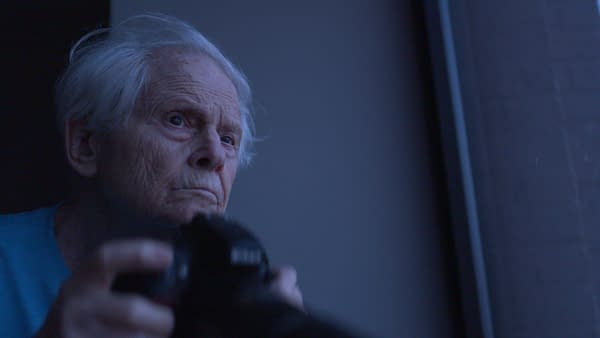
Steve Schapiro: Being Everywhere: Director Maura Smith on Bringing the Photographer's Story to Life
BC: How did you meet Steve, and what inspired you to tell his story for this documentary?
Okay, I can answer that. I've given it some thought, Tom. On August 27th, 1979, I had a blind date with Steve. He was chatting with me, and I'm like, "Okay, okay. Yeah, uh-huh." Suddenly, he said, "Yeah, I did the ad for Midnight Cowboy (1969)." I went, "Oh really?! Wow! That's a cool picture, and then we got married two and a half years later."
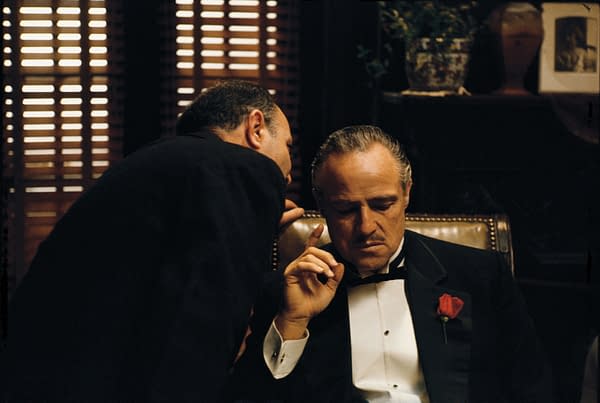
What was the biggest hurdle to completing Being Everywhere two years after Steve's passing?
Two things: One was how to tell it. I didn't want it to be chronological, because it would end in a different emotional moment than I would want. I wanted to tell this so that I could slow it down to get to the more serious stuff at the end. The other tough issue was that I have over 800,000 negatives of Steve's, probably two million color slides, and deciding whether to use this or that, Tom. If he had been around and could have helped me, I would have been grateful. It was screening out what to use.
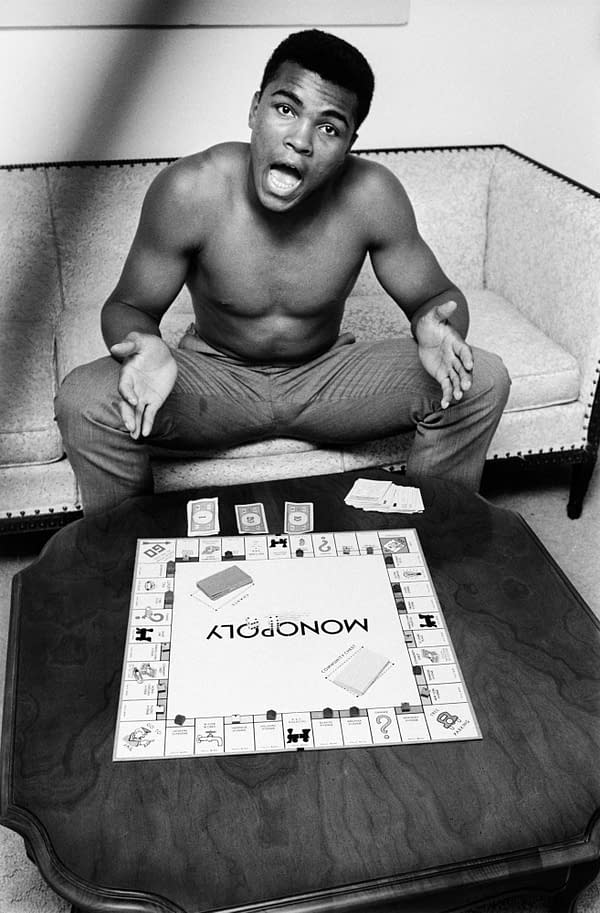
What made David Bowie and Barbra Streisand the most compelling subjects to start the documentary off?
That's a good question. I'm not sure, but I know that Steve did a book about both of them. He did a book for Powerhouse [Books] called Bowie, and he did a work for Taschen on Streisand (called Babra Streisand. Steve Schapio & Lawrence Schiller), so he does have a lot of material for those two subjects.
Steve was standing in the kitchen (in January 2016), and I walked through on a Monday morning, and Steve went, "Oh no!" His eyes filled with tears. He was so shocked, and it was that Bowie had died. Steve didn't have a best buddy relationship, but he was very fond of him. I think his fondness for Bowie and the topics (I picked) probably started with were, because I had so much material on them too.
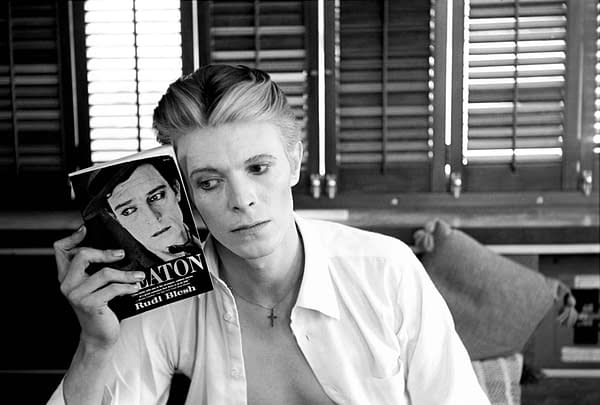
There are so many ways you could have organized Being Everywhere. Given the extra material you have, would you want to expand it with sequels about Steve's life? I felt that what you already had in Being Everywhere could have been three separate films. For example, you had the celebrity side along with the filmmaking as the principal photographer for those projects. You also had the athletes Steve covered, and I love the Muhammad Ali segment there. The third part is the activism with his work in civil rights, and how it evolved during the time of MLK. How did you feel about how that editing process went down?
Really good comment, Tom. I have a younger brother, and he was probably the first person I sent it to. When I first cut together, he goes, "Maura, you should make this into a series." In all honesty, Tom, I didn't know anything about how you do a series. I know how to make a feature documentary, but no, you're right.
We could have done celebrities and movies. I could have done Ali. I could've done activism. I definitely could have done a great thing with Steve's photojournalism. We've just tapped, and there's so much more photojournalism to be made. He has a jazz book coming out in June of next year. We found probably 10,000-15,000 negatives that have not even been seen by anybody. That would have been great. Hindsight being 20-20, I should have probably done a series. You're right, I probably should have done it that way.
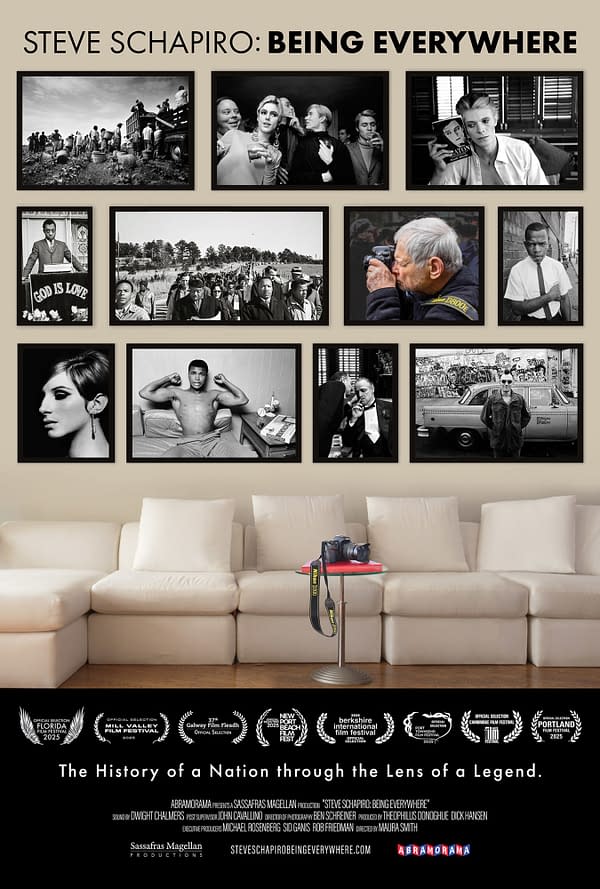
Steve Schapiro: Being Everywhere is currently in theaters.






